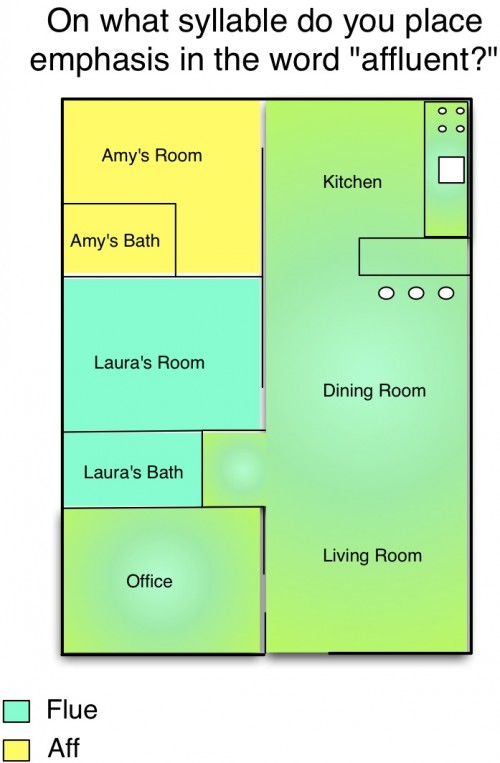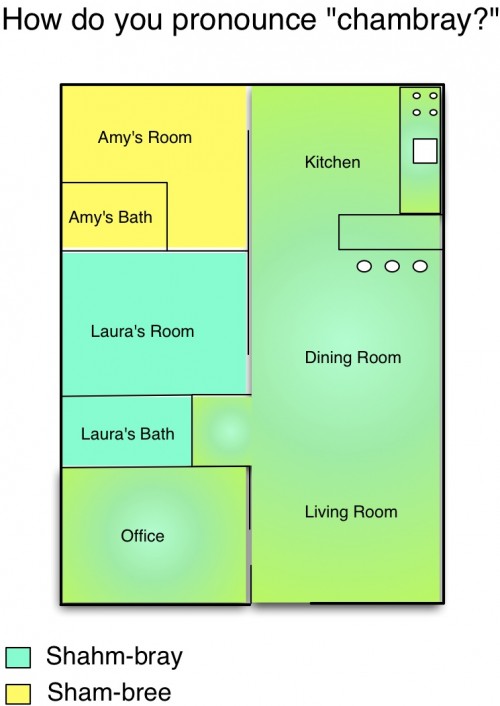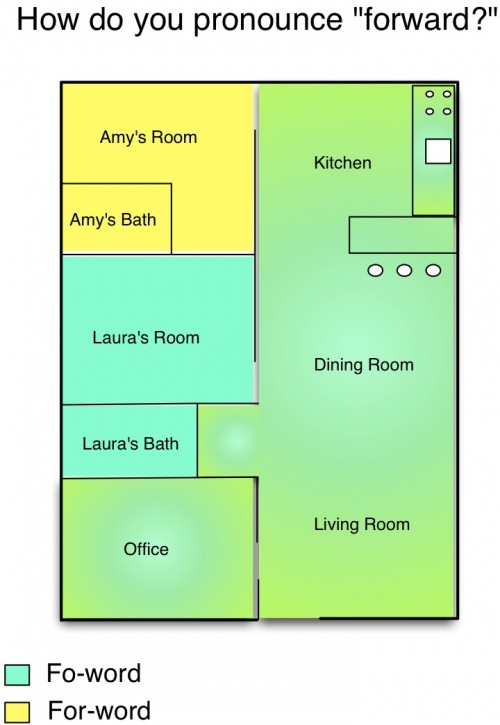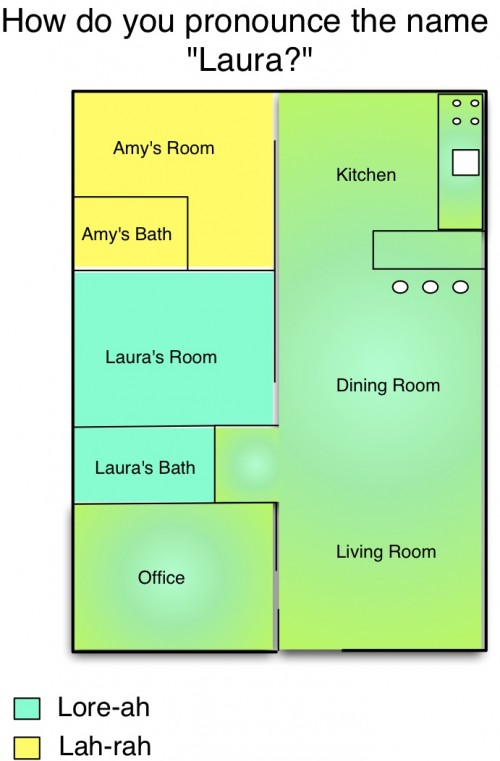Does HTML Giant have eras? Did it? Periods of time where different kinds of writing or types of contributors dominate?
Brian Evenson’s SUMMER READS
Brian Evenson on his summer reading…
***
First of all, if this is the third summer that you’ve convinced yourself that this summer that this summer you’re really going to read Infinite Jest instead of just pretending to read it, it’s time to burn the book. The first summer it really could have happened. Last summer, even, it could have happened, but by this time the jest is on you. You’re better off reading:
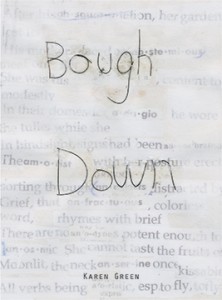 Bough Down by Karen Green (Siglio Press)
Bough Down by Karen Green (Siglio Press)
Her moving, powerful and haunting book about her husband Wallace’s suicide and its aftermath.
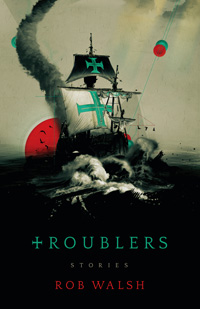 Troublers by Rob Walsh (Caketrain)
Troublers by Rob Walsh (Caketrain)
This is one of the strongest, funniest, and oddest story collections I’ve read lately, the kind of book to give you faith in the form again. Well worth the attention.
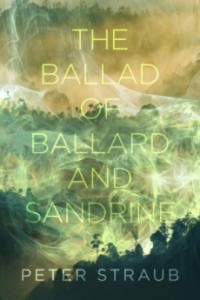 The Ballad of Ballard and Sandrine by Peter Straub (Subterranean Press)
The Ballad of Ballard and Sandrine by Peter Straub (Subterranean Press)
This is a sharp and strange little novella. If you can’t find the Subterranean Press edition, it’s $2.99 for Kindle or in Issue 56 of Conjunctions.
June 10th, 2013 / 11:05 am
Mourning into Joy: Boxing the Compass by Sandy Florian
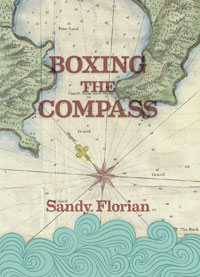 Boxing the Compass
Boxing the Compass
by Sandy Florian
Noemi Press, 2013
114 pages / $15 Buy from Noemi Press or Amazon
If Sandy Florian’s novella Boxing the Compass is the answer, then the question might be: is the era of climate change spawning a specific literature? Some exploration of this question will lead us into the astonishing work of mourning Boxing the Compass is.
Ironically, the phrase Homo sapiens is Latin for “wise man.” Like all species, the existence of Homo sapiens has always been finite. No divine favor, cognitive privilege, or technical fix has ever exempted Homo sapiens from eventual extinction. None ever will. Climate change just promises to turn this “eventual” extinction into an uncomfortably close event. In 2010, the renowned Australian microbiologist Frank Fenner hypothesized Homo sapiens will go extinct within a century. Entertain Fenner’s hypothesis, and then try to write a book for the ages: for at most two or three generations more.
Whatever else climate change is, it is an event in language. The extinction of myriad species of fish should make writers differently aware of the biotic referents of tropes such as “to spawn a literature.” Extinctions bring about irreversible absences. The prospect of the extinction of Homo sapiens draws language into a hurricane swirling words up and away, or down and out, from anthropic referents. What happens to words as their referents irreversibly disappear? In becoming bereft of their referents, words may kindle mourning. Within language, climate change is metamorphosing frighteningly many words into words of mourning.
Imagine a novella catching intimations of the oceans in their terrible fragility as sustainers of life by narrating a daughter in mourning for her mother. Imagine that, through the daughter’s grief, this novella allows the mourning climate change solicits in language to find articulation. With these imaginings, we arrive at Sandy Florian’s uncanny work of mourning, Boxing the Compass.
June 10th, 2013 / 11:00 am
From Old Notebooks by Evan Lavender-Smith
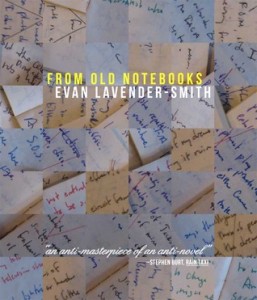 From Old Notebooks
From Old Notebooks
by Evan Lavender-Smith
Dzanc Books, December 2012
182 pages / $15 Buy from Dzanc Books
Martin Heidegger posited the idea that all criticism is existential and there is no impartial analysis outside of the experience of the reader. A reviewer of Evan Lavender-Smith’s From Old Notebooks asks: “Should the reader of F.O.N. expect the meaning or truth of the book to lie with its author? Does the truth/meaning of the book lie outside the book?” Furthermore: “There may be some question as to F.O.N.’s status as fiction, poetry, philosophy, nonfiction, etc. but hopefully there will be no question about its status as a book.” Both comments are from Evan Lavender-Smith critiquing his own book within the pages of From Old Notebooks, even revealing: “Why am I so averse to the idea of classifying F.O.N. as poetry? – Because poetry doesn’t sell.” That’s the way From Old Notebooks rolls, defying genre and classification, even defying the traditional boundaries of author and reader. On the exterior, it reads like a notebook filled with philosophical musings, hermeneutics, the germs of story ideas, dialectical exposition, hagiographies on dubious beliefs, aphorisms made ironic by their sincerity, and letters to death. But the flow of the notebooks is deceptively simple, appearing like a random collection of ideas when it’s in fact a journey through the Penrose stairs of Smith’s mind.
I came across From Old Notebooks several years ago when it was first published by BlazeVOX. F.O.N. was one of the first postmodern/experimental works I’d read. Since then, I’ve read a lot more experimental works, some of my recent favorites including Robert Kloss’s The Alligators of Abraham; One by Blake Butler, Vanessa Place, and Chris Higgs; and Janice Lee’s Daughter. With F.O.N. recently reissued by Dzanc Books, I was excited about diving back in. It’s hard to analyze experimental works because the experience the reader has is so subjective and without making assumptions about the author’s intent, a huge part of the critique, for me, comes down to how the work resonates on a personal level. Explorations of infinity and thought stripped away from form involve literary techniques that are invented along the path of creation, and as a result, often defy formulaic definition. That is what makes these works so bold and compelling. Part of the allure of From Old Notebooks, then, is its accessibility.
The subject matter and the themes vary, encompassing everything from film quirks to quandaries on death, musings on poetry, and pornographic abstinence. The notes incorporate personal whimsies, fears, and even worries about family. Rather than obfuscate, we have a movement toward revelation. But the investigation branches into even more questions and there’s a playfulness in the tone that engenders the feeling of a contemporized Socratic enquiry, only with oneself. As a few examples:
“God endowed the universe with an infinite number of signs, but only one fact.”
“Qualifying death as “unknowable” is, finally, an act of cowardice; death as “unknowable” preserves mystery, the possibility of mystery. The truth atheist knows death intimately; for him, there is nothing at all mysterious about death.”
“Perhaps they would be more palatable if independent films had more explosions in them.”
“Should I be concerned about exploiting my children by including them in F.O.N.?”
“Consciousness is my worst habit.”
June 10th, 2013 / 11:00 am
Sunday Service: Nick Ripatrazone poem
The mime has stigmata
and that is a problem.
He is not even Catholic
but considered converting.
The wounds first appeared
during a Thursday night show.
It was not Holy Thursday,
but it was wholly sold out.
Though no photos exist,
the memory is fixed:
his palms flat and up,
blood pinking white gloves.
Everyone knew it was not
part of the performance:
his routines include sandwich
making, window washing,
cello playing. No
violence. Afterward, he
burned the gloves, washed
his hands with such force
they were redder than blood.
Someone called the bishop.
He hadn’t worn gloves
in years, asked if he could
borrow the mime’s,
who said he’d burned all
his pairs, convinced cloth
had given him the rash.
They stood together
on the empty stage,
burning beneath the light,
concluding that pantomime
was an essential ingredient
for most professions.
Nick Ripatrazone’s most recent book is The Fine Delight: Postconciliar Catholic Literature (Cascade Books). He is also the author of two books of poetry, Oblations and This Is Not About Birds (Gold Wake Press), and two forthcoming novellas. This Darksome Burn (firthFORTH) and We Will Listen For You (CCM Press). He lives with his wife and twin daughters in New Jersey.
Tiny Linguistic Maps of My House
By now you’ve probably seen the linguistic maps of the United States that depict how oddly people speak outside of the South. Loyer? What? Recently, I’ve been working on a similar (though much larger in scope) project mapping the speech patters in my household, which is made up of me and Laura Relyea of Vouched Books. By tracking the usage and pronunciation of the two members of the household, I was able to create graphical representations of linguistic differentiation in a Southern urban domestic setting. Theoretically, I leaned heavily on Wittgenstein in analyzing my data. Here are some of the results.
Say you’re giving a reading, what’s the perfect question? What question do you loathe?
Say you’re in the audience, what question do you wish someone else would ask? What question makes you feel embarrassed that someone actually asked it?
Extreme Close-ups of Dogs I Walk

This is Ezra. He used to try to bite me when I’d go to put his harness on, which made walking him sometimes very precarious, but he recently had a urinary tract infection (an urinary tract infection?), and, well, now he doesn’t try to bite me anymore.
Boss Fight Books!
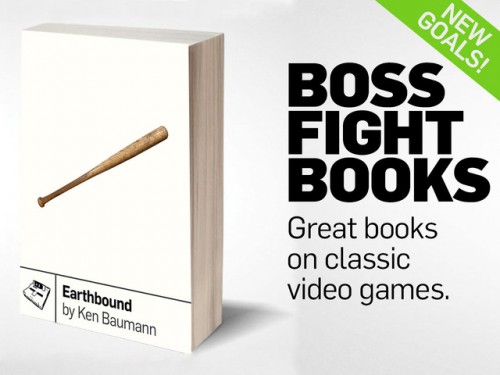 Gabe Durham is starting up an incredibly cool new press called Boss Fight Books that will revolve around creating great books about classic video games. The launch titles will be Earthbound, Galaga, Super Mario Bros. 2, ZZT, and Jagged Alliance 2 with a great lineup of authors from a variety of backgrounds. These include Ken Baumann, Michael Kimball, Anna Anthropy, Jon Irwin, and Darius Kazemi. I recorded a two minute video short with short clips for each of the games to commemorate and celebrate the news, as well as a reminder of how cool each of the titles were. I got goosebumps just recording/playing Earthbound again! As their Kickstarter surpassed initial expectations, it’s happening for sure, though you can still get in on the action and help them reach their stretch goals by clicking the link below. The first of the books is coming out near the end of the year and there’s a lot more of the details on the link. The book covers look beautiful and you can check out what the press will be about directly from Gabe Durham and Ken Baumann on the Kickstarter page. And of course, make sure to check out the books when they release, as well as the games themselves!
Gabe Durham is starting up an incredibly cool new press called Boss Fight Books that will revolve around creating great books about classic video games. The launch titles will be Earthbound, Galaga, Super Mario Bros. 2, ZZT, and Jagged Alliance 2 with a great lineup of authors from a variety of backgrounds. These include Ken Baumann, Michael Kimball, Anna Anthropy, Jon Irwin, and Darius Kazemi. I recorded a two minute video short with short clips for each of the games to commemorate and celebrate the news, as well as a reminder of how cool each of the titles were. I got goosebumps just recording/playing Earthbound again! As their Kickstarter surpassed initial expectations, it’s happening for sure, though you can still get in on the action and help them reach their stretch goals by clicking the link below. The first of the books is coming out near the end of the year and there’s a lot more of the details on the link. The book covers look beautiful and you can check out what the press will be about directly from Gabe Durham and Ken Baumann on the Kickstarter page. And of course, make sure to check out the books when they release, as well as the games themselves!
More info on the Kickstarter Page.
Some info directly from the site:
The Series:
Each of the books will take a critical, creative, historical, and personal look at a single classic video game.Some books will be about the history of the game’s creation, some will focus on particular elements like level design, story, and music, some will investigate the subculture that has formed around a game, some will bring in outside art, science, and media, some will have a strong autobiographical element. Many books will be a combination of all these things.
The Format:
All the books will be available in paperback and ebook (all formats), and sold both directly from our site and from other major online bookstores. Each book will be numbered, collectible, and will look great on your shelf together.



